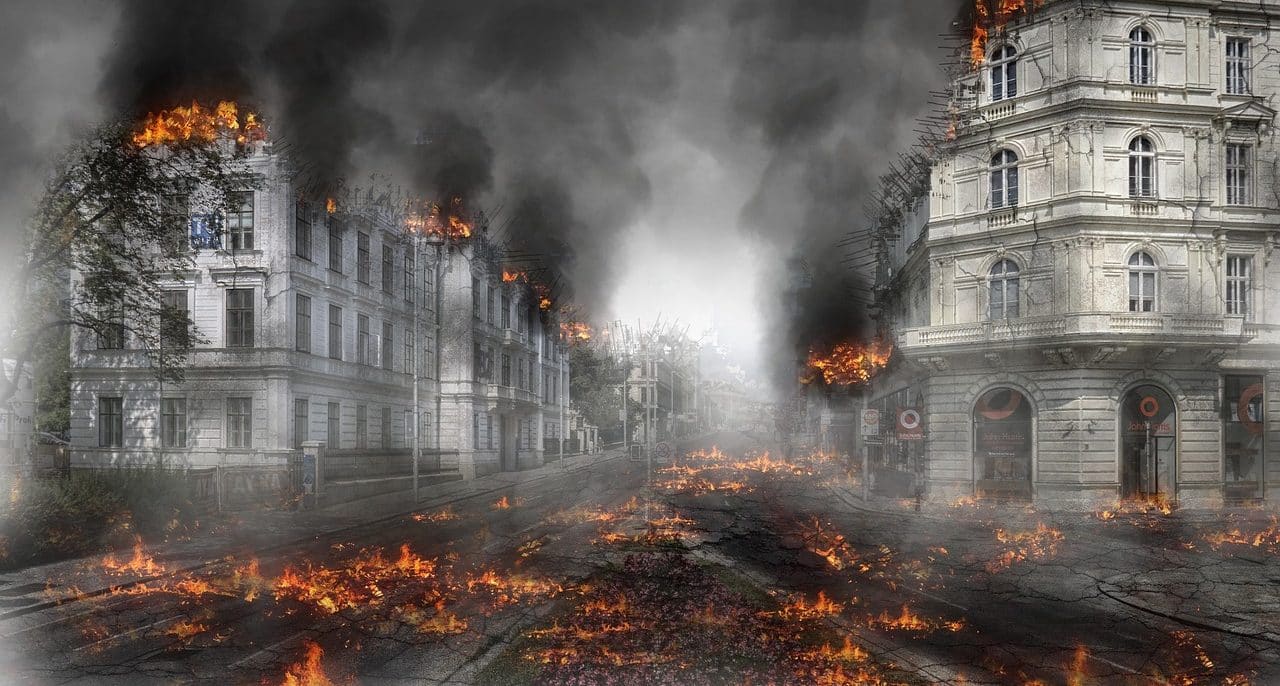
A retaliation is a punitive response to aggression.
A retaliation is a revenge or punitive response to some type of aggression. Whoever carries out retaliation - a term from the Latin repraesaliae - seeks to obtain satisfaction for the damage received.
For example: “His insults hurt me, but I am not going to retaliate,” “The retaliation was very harsh and included attacks with stones and sticks,” “In retaliation for the singer's words, the inhabitants of Turuguayú burned their records in the square.” of the people.”
Take the case of a conflict between neighbors . A man complains because, in the house next door, there is a dog that barks all day long. This person tries to talk and explain to the animal's owners the inconvenience caused by the barking, but his neighbors do not listen to reason. The affected man, therefore, decides to listen to loud music at dawn, in retaliation for the damage caused to him by his neighbors.
Reprisals in the Civil War
In the case of Spain , we have to say that historically we talk about those retaliated by the Civil War and Francoism. We can establish that these are all those men and women who, fundamentally because of their political ideas opposed to the regime that was established, were victims of all types of torture and mistreatment and were even imprisoned and murdered by the side that won and established a dictatorship. in the country with Francisco Franco as leader.
Specifically, although it is difficult to establish an exact number, we have to say that it is estimated that more than 750,000 people were the victims of that dictatorship. Among those are those who were members for belonging to a union or a political party, as well as those who suffered reprisals for being part of ethnic minorities, certain cultural associations, groups with a certain sexual orientation or for belonging to resistance groups that They openly demonstrated against Franco and the political regime that was put in place.

When a person feels attacked, they may retaliate with the intention of retaliating.
The concept in the international arena
Retaliation also appears in the framework of international relations . Typically, retaliation is a measure adopted by one State against another to respond to its adverse acts, although without breaking diplomatic relations.
Ancient Greece is where we can say that the origin of the use of the term is found from a point of view of international law and relations between countries. Thus, we can discover that, in the year 423 BC. C. and as a consequence of the Peloponnesian War , the well-known Decree of Megara was established in Athens . Through this the Hellas, the ancient Greeks, prohibited the merchants of Megara from entering their ports.
Retaliation beyond the legal framework
Throughout history , however, all types of reprisals have been recorded that are outside any legal framework, such as bombings of the civilian population in response to terrorist acts.
We can consider a situation of this type when one government accuses another of providing support to a guerrilla group. Despite the refusal of the leaders of the other nation, the leaders of the country that feels affected by the other's attitude decide to interrupt the commercial exchange as a form of retaliation.
